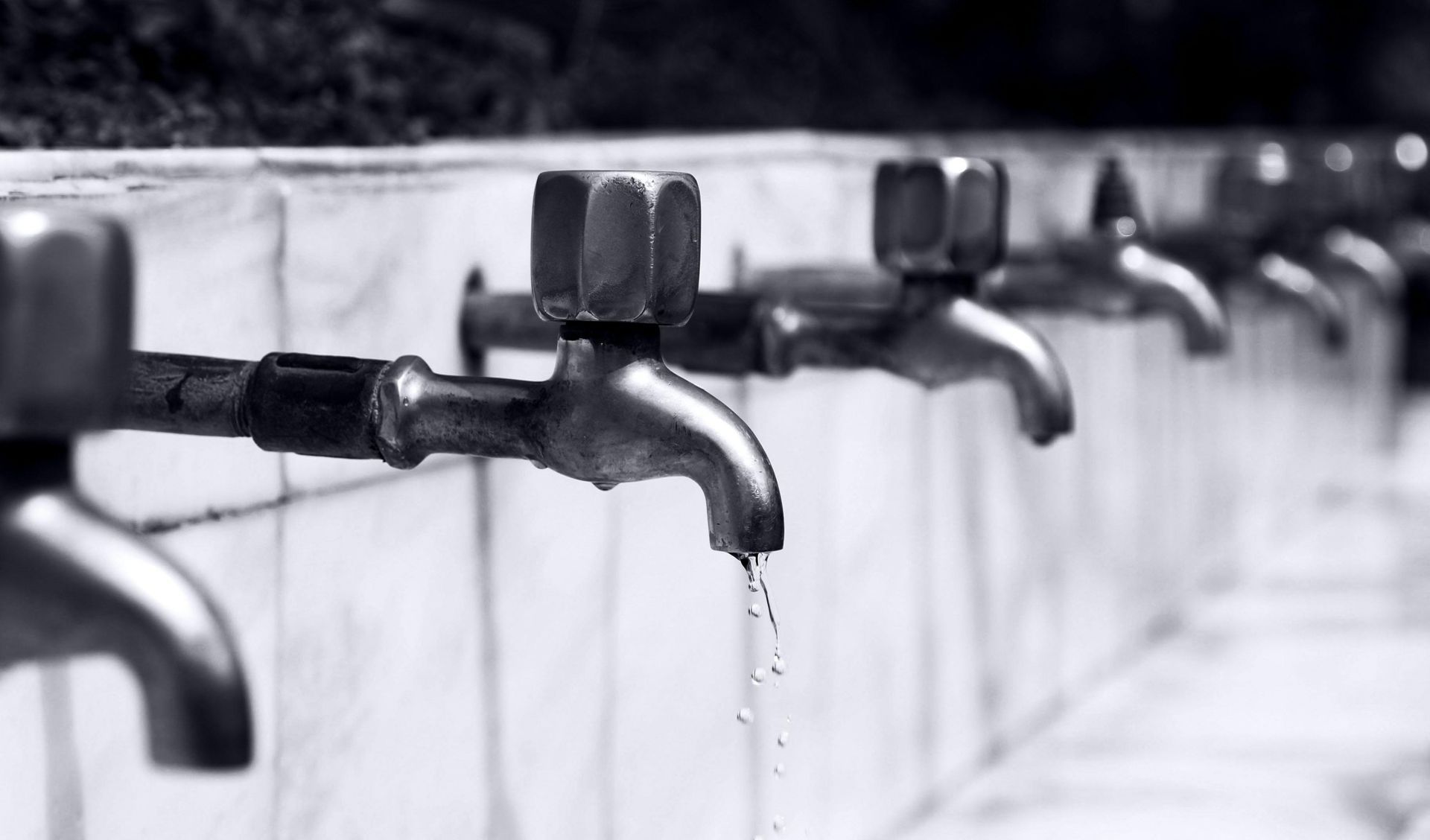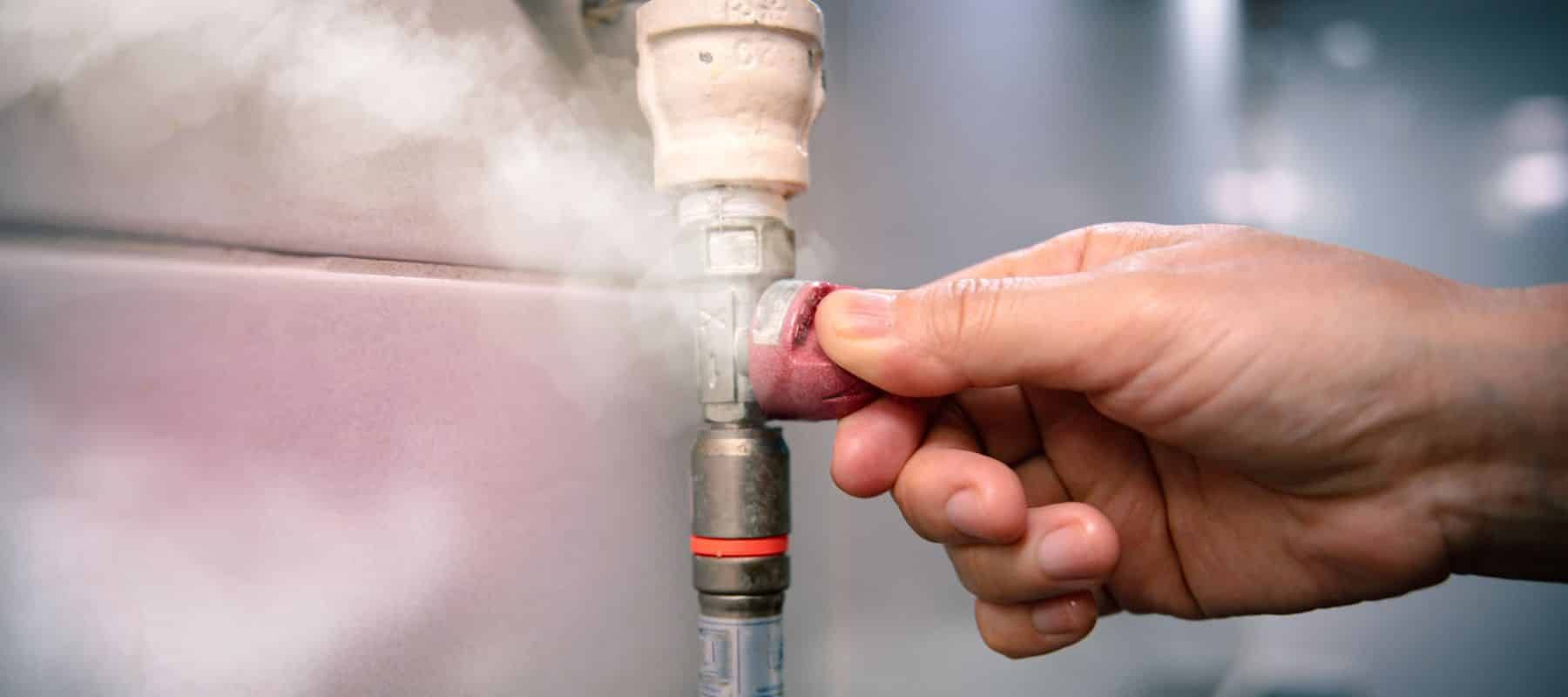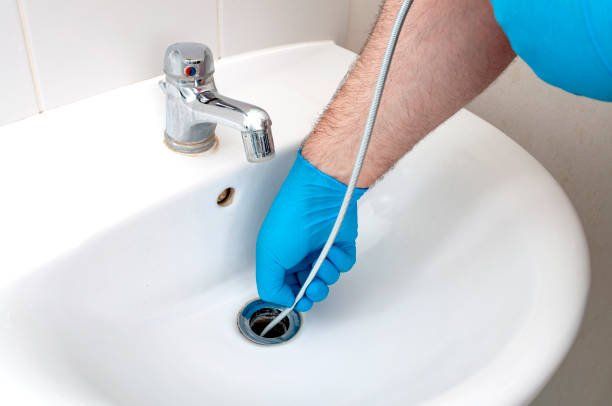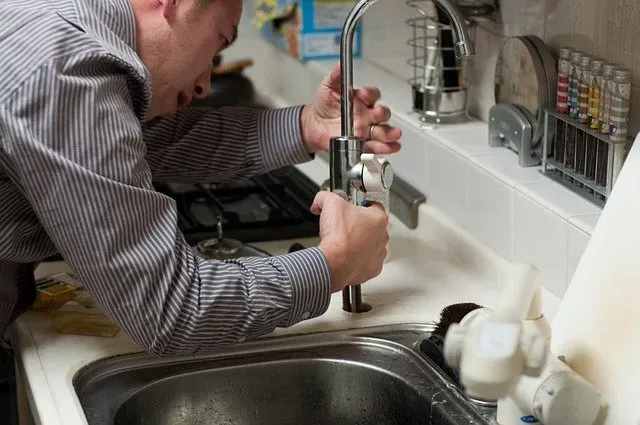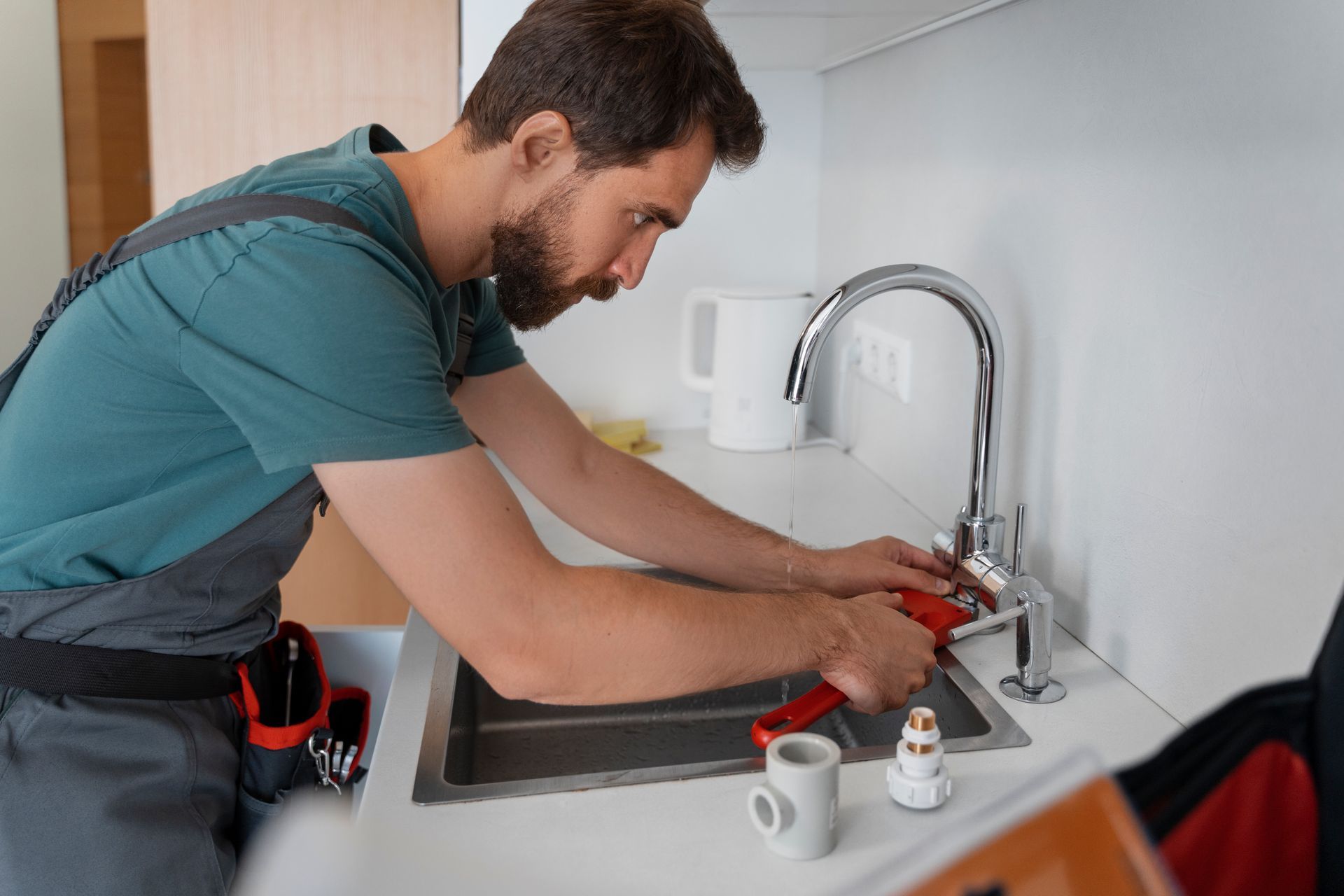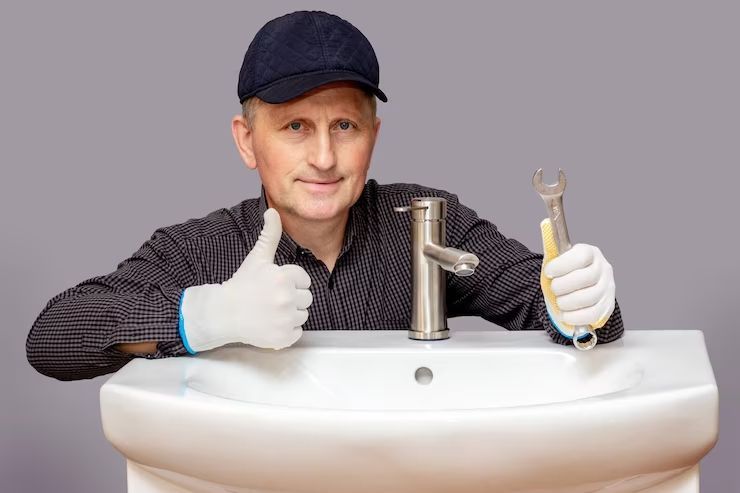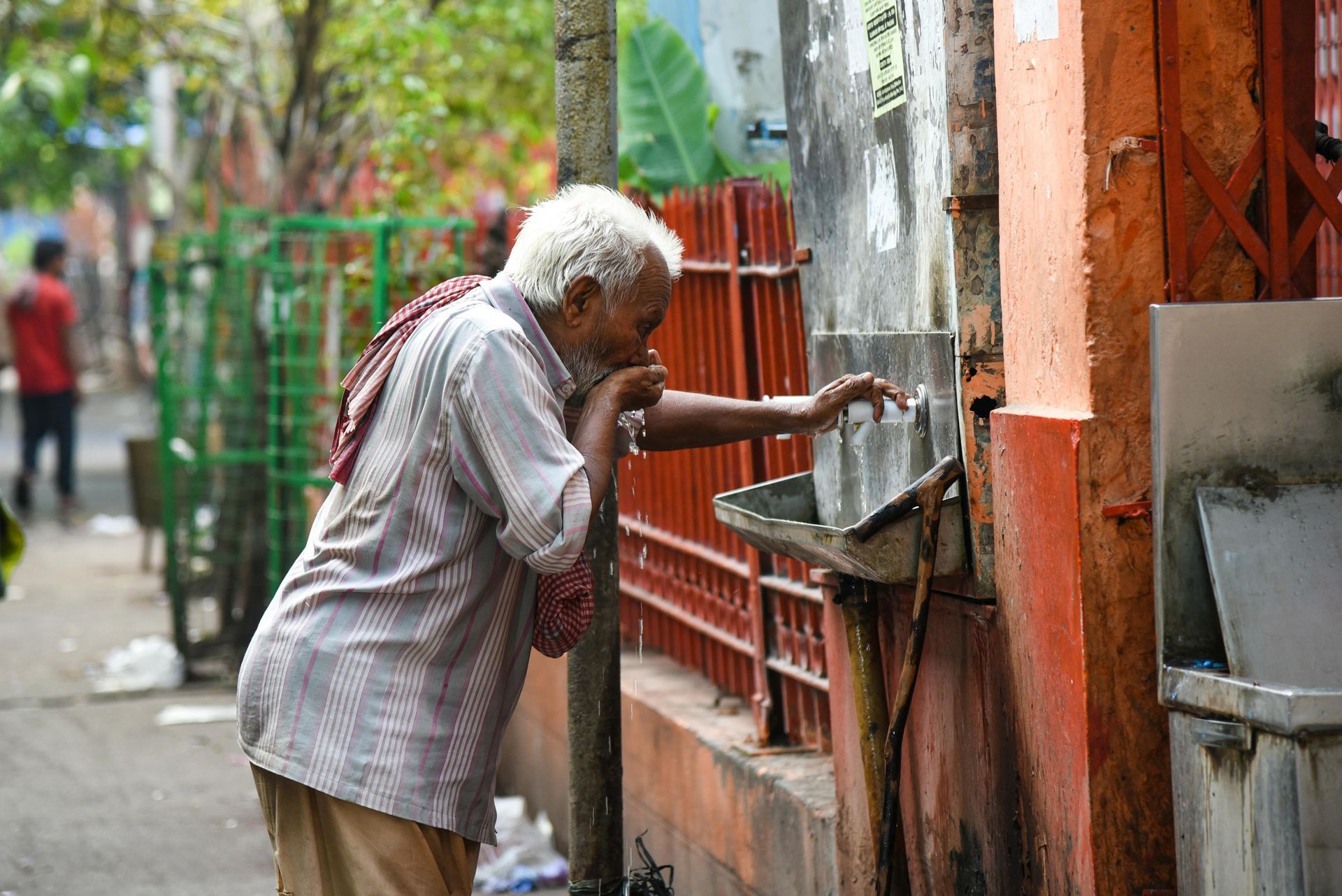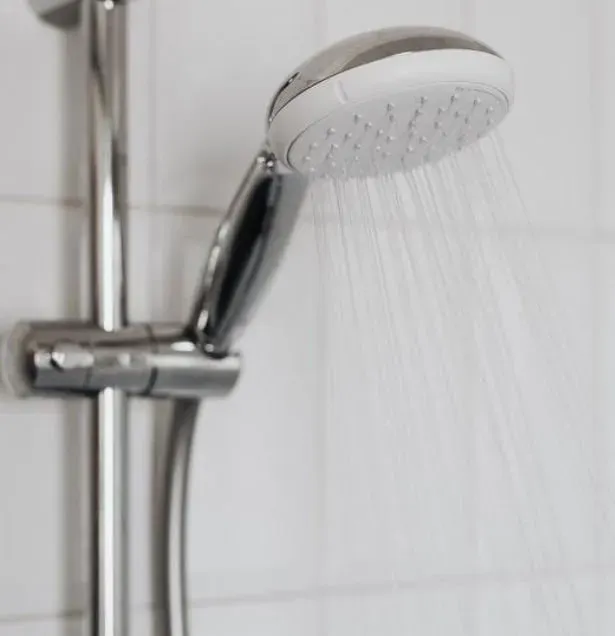How To Effectively Fix A Noisy Water Heater?
A noisy water heater can be more than just a nuisance; it often signals underlying issues that, if left unaddressed, can lead to decreased efficiency, higher energy bills, or even costly damage. Whether your water heater is making popping, rumbling, or banging sounds, understanding the causes and remedies is essential for maintaining a safe and efficient home plumbing system. This comprehensive guide will explore the common reasons behind noisy water heaters, step-by-step solutions to fix them, and when to seek professional help. Along the way, we will also touch on related plumbing topics such as how to replace a sink strainer basket and the importance of emergency services for urgent plumbing situations. For expert assistance, trusted professionals like All City Plumbers are always available to ensure your water heater operates quietly and reliably.
Understanding Why Your Water Heater Makes Noise
Water heaters can produce a variety of sounds, including popping, rumbling, hissing, or banging. These noises often stem from mineral buildup, sediment accumulation, or mechanical issues within the tank. One of the most common causes is sediment settling at the bottom of the tank. As the heating element warms the water, trapped sediment can cause localized boiling, resulting in popping or rumbling sounds. Over time, this sediment layer can reduce heating efficiency and cause premature wear on the tank.
Other causes include loose or failing heating elements, high water pressure, or air trapped in the plumbing system. In rare cases, noises may indicate a more serious problem such as a failing thermostat or pressure relief valve. Identifying the specific noise and its source is the first step toward effective repair.
Diagnosing the Noise: What to Listen For
Different sounds can provide clues about the underlying issue. Popping or rumbling noises often indicate sediment buildup causing water to boil beneath the sediment layer. Hissing sounds may suggest a leaking temperature and pressure relief valve or a faulty heating element. Banging or knocking noises could be related to water hammer, which occurs when water flow is suddenly stopped or started, causing pipes to vibrate.
To diagnose the problem, listen closely to the water heater while it is heating. Note the frequency, intensity, and type of noise. Additionally, inspect the area around the heater for signs of leaks, corrosion, or water damage. This information will guide your repair approach or help you communicate effectively with a professional plumber.
Step-by-Step Guide to Fixing a Noisy Water Heater
The most effective way to address noise caused by sediment buildup is to flush the water heater tank. Begin by turning off the power supply to the heater—either by switching off the circuit breaker for electric units or turning off the gas valve for gas models. Next, shut off the cold water supply line feeding the heater.
Attach a garden hose to the drain valve at the bottom of the tank and run the hose to a safe drainage location, such as a floor drain or outside. Open the drain valve and allow the tank to empty completely. This process removes sediment and debris that cause noise and reduce efficiency. To flush thoroughly, open the cold water supply valve briefly to stir up remaining sediment, then drain again until clear water flows.
After flushing, close the drain valve, remove the hose, and refill the tank by opening the cold water supply valve. Once the tank is full, restore power or gas supply and monitor the heater for noise reduction.
If sediment buildup is not the cause, inspect heating elements for signs of damage or wear. Faulty elements should be replaced promptly to prevent further noise and inefficiency. Additionally, check the temperature and pressure relief valve for leaks or malfunction, replacing it if necessary.
Related Plumbing Maintenance: Replace a Sink Strainer Basket
While addressing your noisy water heater, it is a good opportunity to consider other routine plumbing maintenance tasks, such as replacing a sink strainer basket. A worn or clogged strainer basket can cause slow drainage and unpleasant odors, contributing to overall plumbing issues. Replacing the basket is a straightforward task that improves sink performance and helps prevent clogs in your plumbing system. Keeping all parts of your home’s plumbing in good condition complements water heater maintenance and contributes to a smoothly functioning household.
When to Call Emergency Services and Professional Help
Some water heater noises may indicate urgent problems requiring immediate professional intervention. For example, loud banging accompanied by leaks or water pooling around the heater could signal a ruptured tank or failing pressure relief valve. In such cases, shutting off the water supply and power immediately and contacting emergency services is crucial to prevent water damage and ensure safety.
For routine noise issues or sediment flushing, many homeowners can perform the repair themselves. However, if you are unsure about any step or encounter complex problems, contacting licensed plumbers like All City Plumbers is the safest and most effective option. Their expertise ensures proper diagnosis, repair, and maintenance, extending your water heater’s lifespan and maintaining home safety.
Preventative Tips for a Quiet and Efficient Water Heater
Regular maintenance is key to preventing noisy water heaters. Flushing the tank annually removes sediment buildup before it becomes problematic. Inspecting and replacing worn parts such as heating elements and valves helps maintain smooth operation. Keeping the water temperature set to manufacturer recommendations (typically around 120°F) reduces stress on the system and minimizes noise.
Additionally, installing water softeners in areas with hard water can reduce mineral deposits that cause sediment buildup. Monitoring your home’s water pressure and installing pressure-reducing valves if necessary can also prevent noises related to water hammer.
Conclusion
A noisy water heater is a warning sign that should not be ignored. By understanding the causes and following a systematic approach to flushing sediment, inspecting components, and performing regular maintenance, you can restore quiet, efficient operation to your water heating system. Complementing these efforts with routine plumbing care—such as replacing a sink strainer basket—and knowing when to call emergency services or trusted professionals like All City Plumbers will ensure your home’s plumbing remains safe and reliable. Taking proactive steps today protects your investment and enhances your comfort for years to come.

